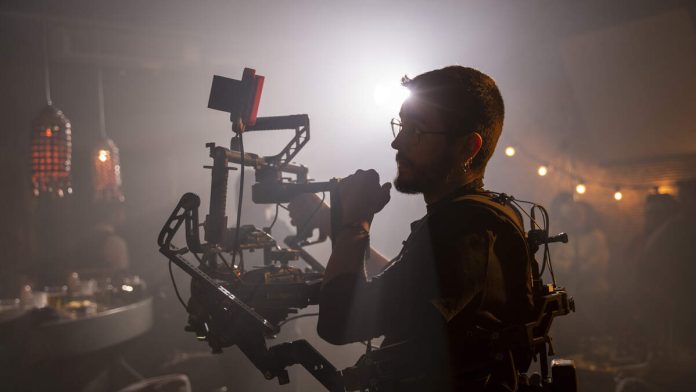LOS ANGELES (CNS) – Mayor Karen Bass issued an executive order Tuesday directing city departments to cut regulations and streamline processes for the film and television industry, in an effort to make it easier for studios and independent producers to shoot projects in Los Angeles.
Bass aims to make iconic locations such as the Griffith Observatory and the Central Library more accessible and affordable for filming. Department staff will look to create guidelines for onsite filming, reducing review timelines and lowering certain fees associated with that work.
Additionally, her order calls to reduce the number of city departments assigned to monitor filming on set to one total city staffer, as city law already allows, according to the Mayor’s Office.
The mayor also want to enhance communication between city departments and production teams.
“The city is taking bold action to support our legacy industry,” Bass said in a statement. “Keeping entertainment production in LA means keeping good-paying jobs in L.A., and that’s what we are fighting for.”
The mayor highlighted a recent motion approved by the City Council and led by Councilman Adrin Nazarian, which also seeks to reduce red tape and fees to help local film production.
“Hard-working people across Los Angeles are counting on us,” Bass added.
Nazarian added that he is focused on making it easier to “shoot in L.A.”
“We need to cut the red tape and roll out the red carpet for our film crews,” Nazarian said in a statement. “That means lower fees, an end to price gouging, and expedited approval for film permits. Film and TV production aren’t just essential to our economy, they’re essential to our identity as a city.”
Bass had previously established the Entertainment Industry Council, a group of industry leaders and stakeholders that meets once a month with city departments to discuss solutions to keep production in the city.
City officials have also supported a proposal to expand the state’s Film and Television Tax Credit Program. Gov. Gavin Newsom’s proposal would increase funding for the program from $300 million to $700 million, and it’s making its way through the state Legislature.

Recent Comments